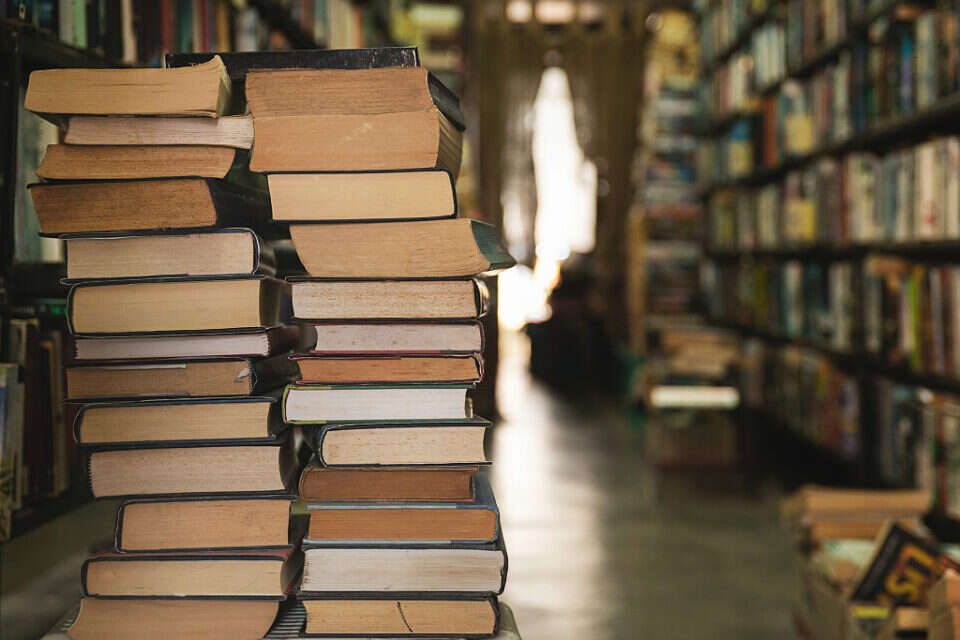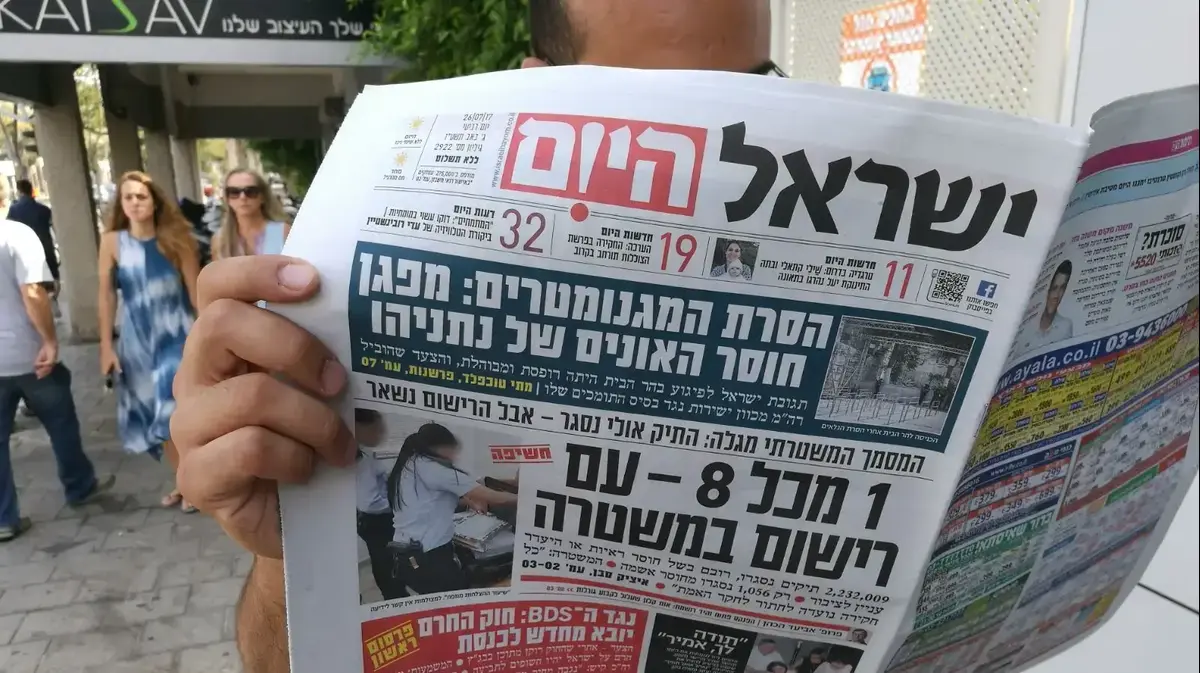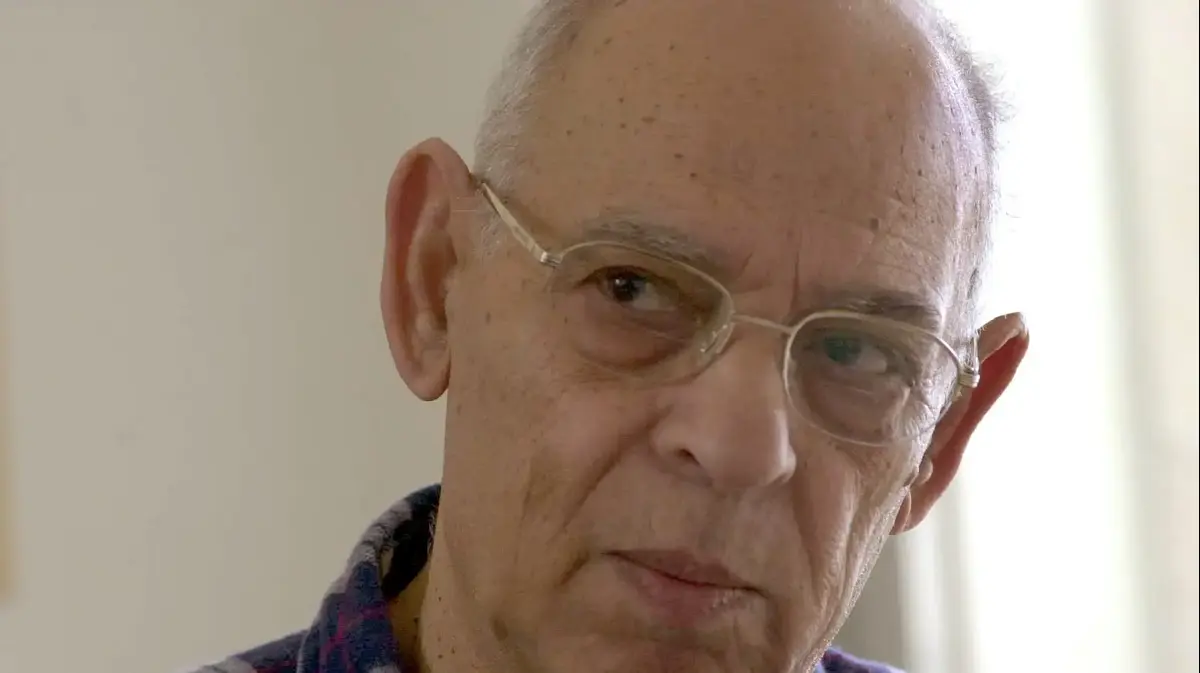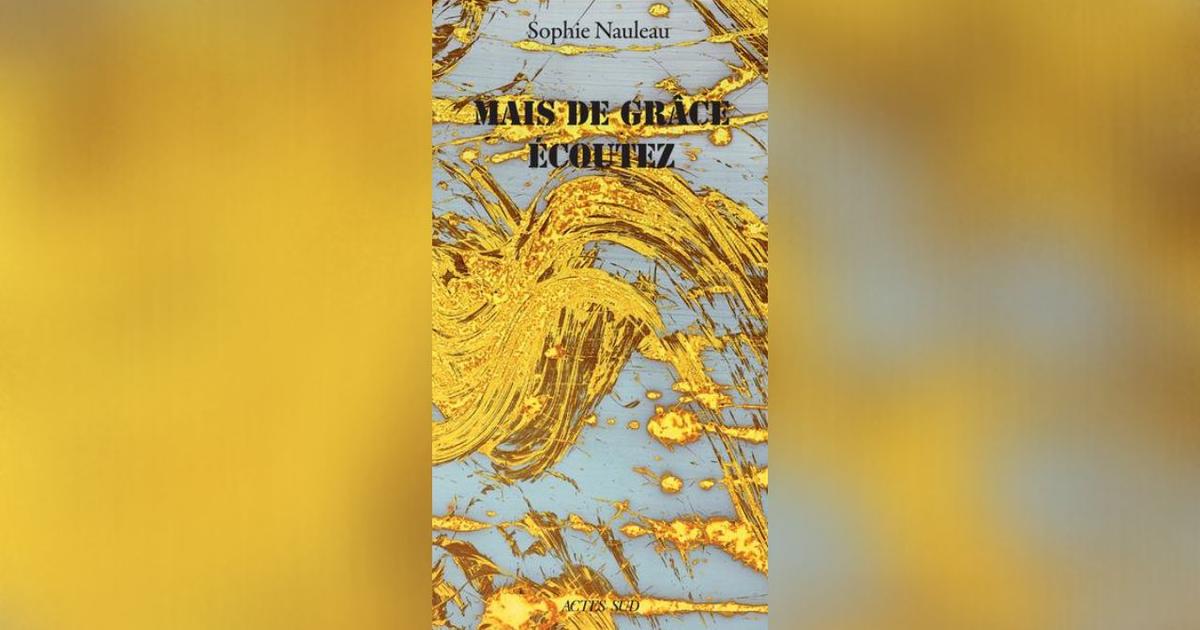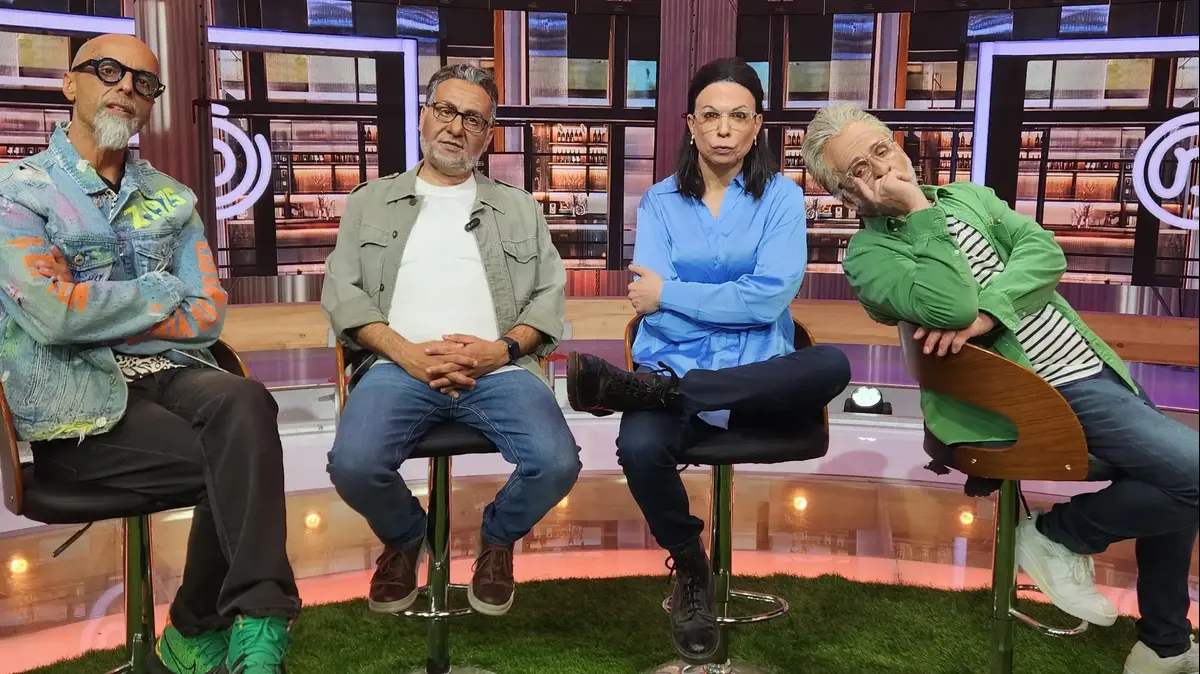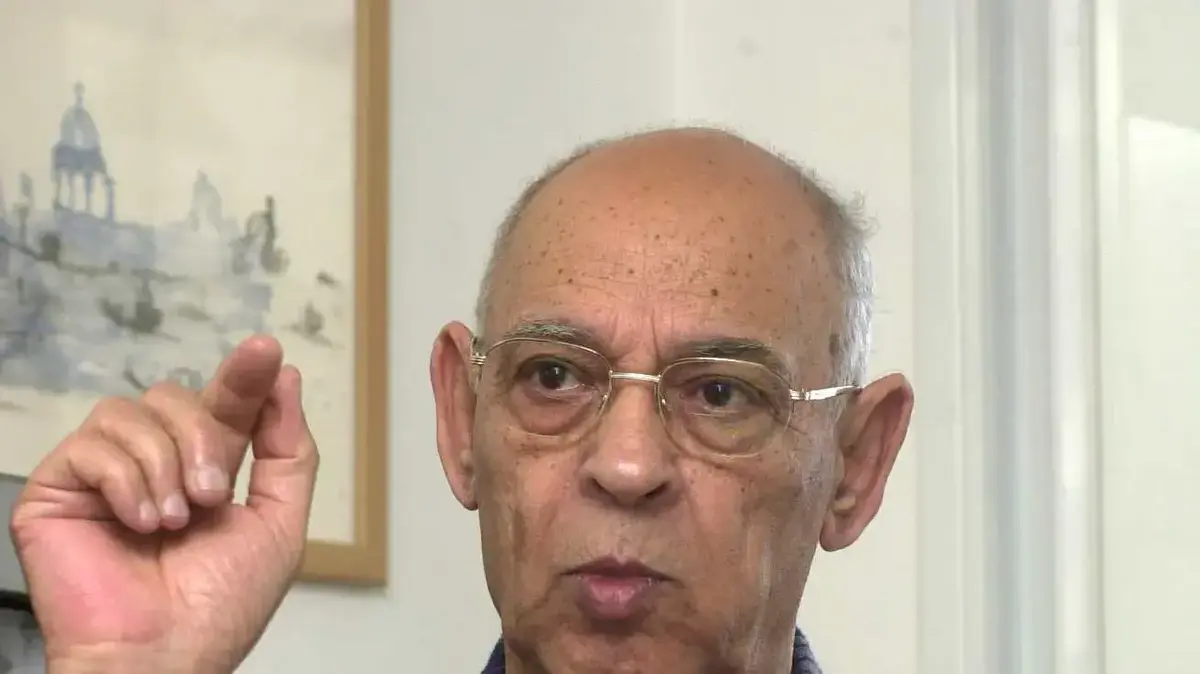The Ministry of Culture and Sport announced today (Sunday) the winners of the 2022 Creative Awards for writers and poets writing in Hebrew. The announcement of the winners was delayed this year and was not announced as is customary in January. This year, 1964 authors won the Levi Eshkol Creative Prize, which has been awarded continuously since 14, as well as a new prize – the Holocaust Survivors Prize, and prizes were awarded to writers and publishers in seven additional categories.
Fourteen winners of the Levi Eshkol Creative Awards were selected from a long list of 216 nominees:
Yair Agmonwon the prize after four books of fiction and two non-fiction books, dedicated, according to the judges, "to young Israelis searching for their way in a contemporary and confusing world."
Yehuda Wiesen, a writer, poet, translator and critic as well as editor of the journal Stress, won the prize for his "original, uncompromising voice of sincerity and chutzpah."
The judges said of the poet and social activistShlomi Hatukathat he marvels at "embroidering the personal and the political in a layered and poetic yet committed manner," anddescribed Einat Yakir'sprose as "courageous, whose unique use of Hebrew carves new paths in it."
Eliaz Cohen, one of the editors of the journal "The Wind Restorer", was awarded the prize for "the tenth poetic momentum and figurative language that naturally appeals to the sources" andMeital Nissimwas particularly noted as someone who explores the relations between the center and the margins in Israeli culture in her poetry.
OfRita Kogan, the judges say she "expresses with sensory acumen experiences of immigration and linguistic naturalization." Eili Raunerwon the prize for his "unique language of literature that harnesses their plight to short-tempered and frantic syntax," and Sarah Shiloh, who burst into consciousness at once with "No Dwarfs Will Come" in 2005 and returned this year in a new novel for her unique poetic realist Hebrew. Yishai Sarid, after seven novels, "positioned himself at the heart of the Israeli literary system" and managed to touch on all the "central issues in our lives."
He dedicated his books to the lost young people. Yair Agmon, Photo: Yehoshua Yosef
PlaywrightJoshua Sobolwon the prize for the novels he wrote after a long and illustrious career, andShoham Smith, the children's author and translator, won the prize for her extensive activity "shaping new generations of readers."
The judges explained the prize awarded to poetGiora Fischerby saying that it "enables a relatively wide audience to get acquainted with, be moved by and admire contemporary poetry. Tahal Froshwon the prize after she wrote two books of poetry dealing with socioeconomic questions and also for her activity on these topics as a literary scholar.
Eight young writers also won the prize this year: Ehud Amirfor his book "Go to Gaza", Talia Applebaum Peledfor "Zero Hour", Oren Waldmanfor the coming-of-age novel "Tiger in Jerusalem", Tzachi Farberfor the novel "Stones" which was shortlisted for the Sapir Prize, Mor Kadishsonfor the novel "Shells", Dolev Morfor "Saving the Polar Bears", Boaz Danonfor "All That Is an Egg" and Rivka Rosnerfor "All at Once".
The eight prizes for poets in Genesis were awardedthis year to Shlomi Goldsteinfor "Lent Speech", Yaron Hoffmanfor "Bilingual", Keren Hartmanfor "Everything Thirsts in You", Keren Lehmannfor "Torso", Ariella Peretzfor "Until Fear Isaac", Ruth Keinanfor "Upside-Down Tables" and Tal Shahar-Knohlfor "Black Dew".
The poetHava Nisimov, born in 1939, who began publishing poetry and prose after turning fifty, is the winner – out of nine nominees – of the Holocaust Survivors Prize. Eve wrote the children's book Kaleidoscope, the youth book Florian's Secret and her memoir A Girl Away, all dedicated to her memories of World War II.
The poetGilad Meiri, one of the founders of A Place for Poetry, won the NIS 30,12 prize for editing a literary enterprise. Meiri, an award-winning artist (Creative Prize, ACUM Prize and more), is a member of the Jerusalem "Address" group, and has published seven anthologies of poetry devoted to a variety of topics, from school to prayer to football. The NIS <>,<> prize for exemplary books (awarded to the publisher) was won this year by three books: "In It Is the Mother's Letter" by literary scholarDr. Yaakov Hershkovitz, published by Kibbutz HaMeuhad. The book is dedicated to the study of the poetry of the patriarchs of Yeshurun. "Penny Shabbat" byYehoshava Samet Shinberg, published by Mashiv HaRuach, deals with Hebrew Shabbat poetry from the Bible to the present day, and "The Book of Tom", published by Asia, is a journey in the footsteps of the work ofTom Seidman Freud, one of the pioneers of Hebrew book illustration in Berlin.
Another award for the collection. Gilad Meiri, Photo: Oren Ben Hakon
The Creative Encouragement Awards for translators were won byDeborah (Debbie) Ruth Ayalon, Hanan Elstein, Eliyahu Emanuel Bijawi and Jonathan Glazer Fine. Hanan Elstein has twenty years of experience as an esteemed translator from the German language. It is difficult to exaggerate the importance of his work, since thanks to him Hebrew readers were exposed to a variety of books and plays by writers such as Heinrich von Kleist, Walter Benjamin, Bertolt Brecht, Christian Kracht and Elfriede Jelinek.
Elsztain faithfully, sensitively and accurately mediates a representative selection of German culture in fluent and contemporary Hebrew, and is a clear representative of those translators who also serve as "cultural agents" who bring from the best literature in the original language in which they are fluent to the target language, without compromising the quality of the literary translation. For his significant contribution to literature translated into Hebrew, Hanan Elstein deserves the 2022 Translators Prize.
Debbie Ayalon said in selecting the committee: "We are honored to award the Ministry of Culture Translators Creative Award to Debbie Ayalon for her long, extensive, beautiful and wide-ranging translation work."
This year,Ronit Hacham and Tamar Varta-Zahaviwon the Deborah Omer Prize for Children's and Youth Literature for Lifetime Achievement. In addition, excellence awards were given to outstanding children's books and young adult books, and awards to publishers for publishing debut books.
Wrong? We'll fix it! If you find a mistake in the article, please share with us

